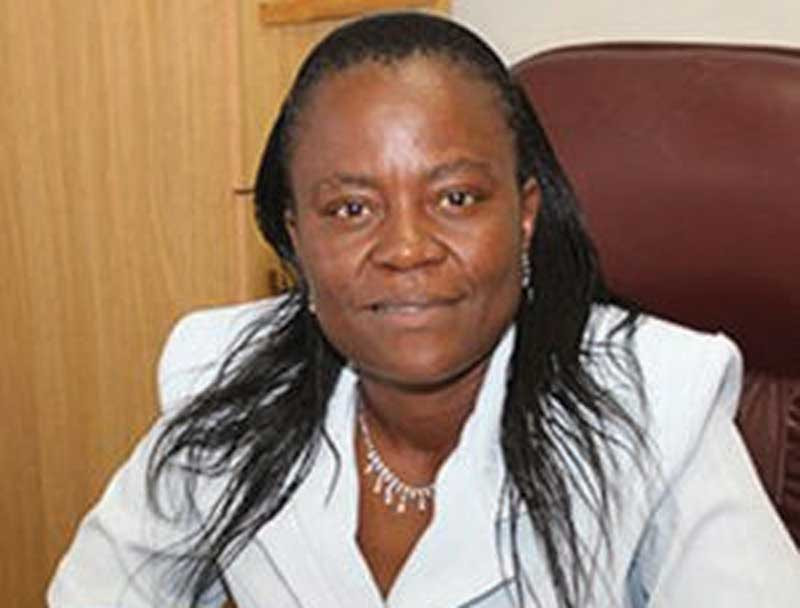
TREASURY might be losing millions of dollars in potential revenue amid indications that the Minerals Marketing Corporation of Zimbabwe (MMCZ) is handicapped to monitor funds received through mineral exports due to sanctions.
MMCZ, which is the exclusive selling and marketing agent of the government for all minerals produced in the country, except gold and silver, is under the United States’ Office of Foreign Assets Control sanctions (Ofac).
Ofac monitors sanctions adherence and penalises any United States company or individual that does business with a sanctioned individual, entity or country.
In an interview with Standardbusiness, MMCZ acting general manager Nomsa Moyo said sanctions were crippling their operations.
“The major challenge that we have as an institution is that we are listed on the sanctions, the Ofac sanctions,” Moyo said.
“In terms of the law, we are actually supposed to receive the funds for all minerals then we disburse to the miner for statutory obligations but because of sanctions, we are no longer able to receive funds.
“So, the miners or the producers receive funds on their own behalf which means they are then responsible for ensuring that statutory obligations are paid and then they remain with the same amount, but people being people then they don’t do that sometimes.”
She added: “You find in terms of acquitting CD1, we have challenges because they don’t let us know that they received the funds and in some cases, the funds are delayed in terms of being received in the country.
- Disgruntled chrome miners meet govt over poor prices
- MMCZ moves to tackle chrome price crisis
- Small scale miners call for gemstone trade liberalisation
- ZCDC scouts global markets
Keep Reading
“So, the monitoring process, especially of receiving funds, becomes a challenge because we are on sanctions.
“Now we are relying on third parties, yet the law provided that we should be receiving the money.
“So, sanctions are the major challenge. Other challenges, we find ways of going through them but the sanctions issue remains a thorn in the flesh.”
Currency or customs declaration forms (CD1s) are declaration forms that show the quantity and value that a particular company would have exported over a given period.
They are used in international trade and mining companies in Zimbabwe submit the CD1 form returns to the corporation for export proceeds reconciliation purposes.
To ensure that the country gets value for its minerals, Moyo said they were involved in the processes of exporting the minerals.
“So we ensure that whatever is exported goes through MMCZ except of course gold and silver and in terms of getting awareness internationally and regionally, the corporation attends international fairs whereby we interact with other players from the region and all over the world,” she said.
“In those fairs or in those conferences, we then go there and we market Zimbabwe’s products. We interact with other stakeholders. That’s where we get most of our customers.”
In terms of ensuring that the minerals are known, she said they also attend exhibitions where they showcase the products like gemstones and diamonds.
“We participate in those in the spirit of ensuring that our minerals are well marketed and we get value for our money. The unfortunate part is we are price takers,” she said.
“For some of the minerals we do not determine the prices, so we end up taking prices from the big players in the industry.
“But as an institution, we try our level best that whatever is mined and goes out of the country, is fully accounted for because we are involved in the contract negotiations.
“We are involved as far as even when the exports are being conducted, so that whatever is declared as being exported ends up being the exact product and exact quality that is being exported.”
Zimbabwe, according to reports, is losing up to US$1 billion in revenue from smuggling along its porous borders.
The leakages are prevalent across all minerals, with the gold sector at the top, a report by the parliamentary portfolio committee on defence, home affairs and security services showed.







